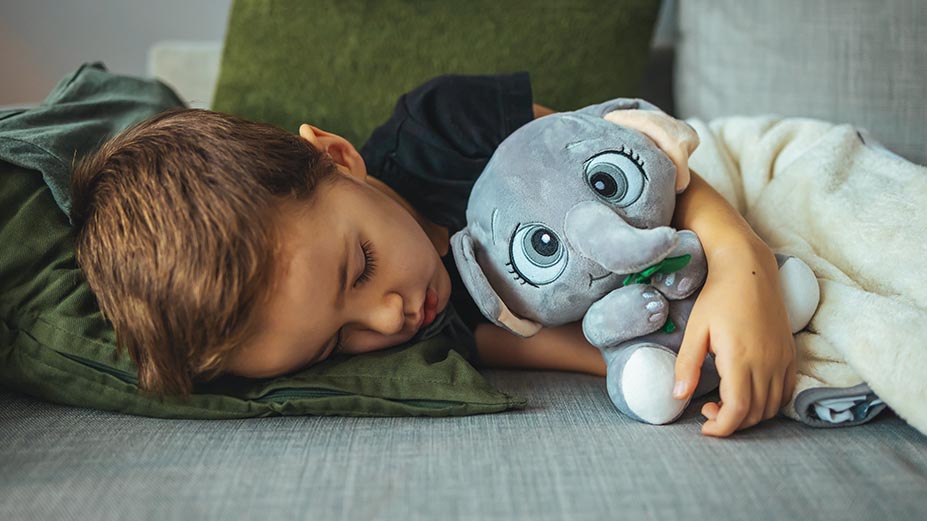
Getting enough sleep is important when it comes to children’s physical, mental and emotional well-being. Atrium Health Floyd Pediatrician Tammy Lyles-Arnold shares how sleep affects health and how to help your child get a better night’s rest.
“It’s not just a matter of them feeling tired if they don’t enough sleep. Lack of sleep can impact a child’s growth as well as their ability to fight off an illness,” said Lyles-Arnold.
A lack of sleep in children has also been shown to cause behavior, attention and emotional health problems, including depression, anxiety and ADHD.
Sleep, Brain Development and School Performance
Studies have also found that sleep deprivation can have a long-term effect on brain structure and development.
“There is little doubt that chronic fatigue can affect a child’s ability to learning, pay attention, make decisions and remember,” she says.
There is also evidence connecting lack of sleep with obesity in children.
How Much Sleep Do Kids Need?
The amount of sleep your child needs each day depends on their age. Here’s a quick reference guide:
- Newborns and infants: 12 to 17 hours
- 1 to 2 years: 11 to 14 hours
- 3 to 5 years: 10 to 13 hours
- 6 to 13 years: 9 to 11 hours
- 14 to 17 years: 8 to 10 hours
- 17 and older: 7 to 9 hours
Help Your Child Establish Good Sleep Habits
Good sleep habits include:
- A consistent, early bedtime.
- Avoiding screens (tablets, televisions, computers and smartphones) at least one hour before bed.
- Practicing calming activities during that time period, such as bathing, brushing teeth or reading.
“Parents need to talk to their kids about sleep and why good routines are so important,” Lyles-Arnold said. “If they can get on a schedule, it makes it easier for their them to wind down at bedtime.”
Signs Of Not Getting Enough Sleep
Look for these symptoms of possible sleep deprivation:
- Excessive fatigue
- Difficulty waking in the morning
- Behavior changes
- Difficulty with mood regulation
- Increased negative emotions
- Inability to focus
- Decreased school performance
- Headaches
- Nausea
- Abdominal pain
Lyles-Arnold recommends scheduling an appointment with a pediatrician if your child:
- Has difficulty establishing a good bedtime routine.
- Has trouble falling asleep or staying asleep.
- Has changes to their behavior or emotions.
- Has new physical symptoms.
“We need to keep in mind there is not a cookie cutter approach that works for everyone,” Lyles-Arnold said. “A child in different stages of development might require more sleep than expected, and not all kids are the same.”
Dr. Lyles-Arnold sees patients at Atrium Health Floyd Primary Care Family Medicine & Pediatrics Polk, 2370 Rockmart Hwy., Cedartown. Call 770-748-7818 to make an appointment.













